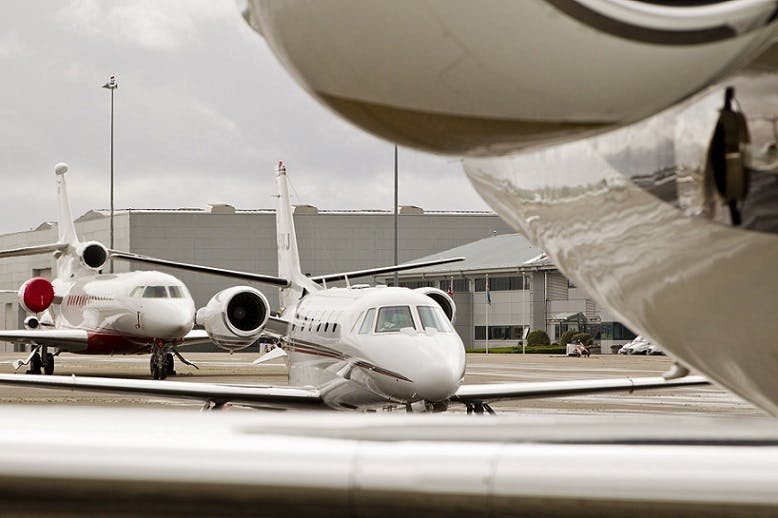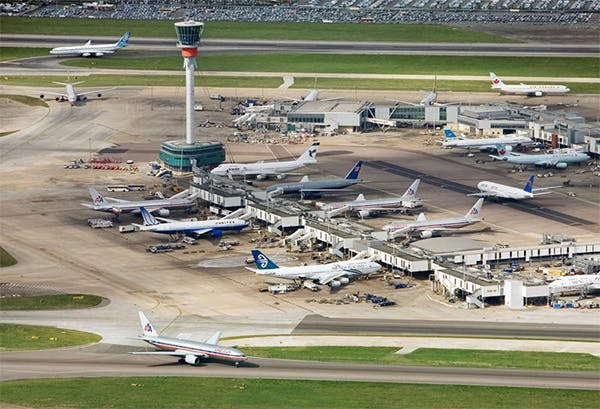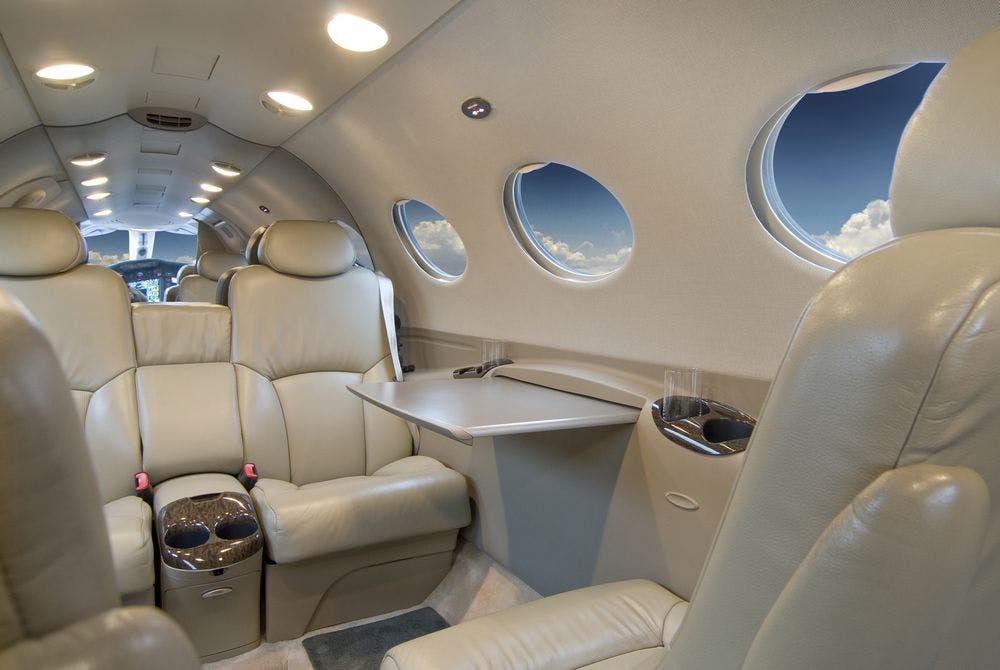What would Brexit mean for business aviation?
With the referendum on whether the UK should remain in the European Union fast approaching, there is much speculation at an industry level on the implications of Brexit (a British exit from the EU) on business aviation.
Current polls indicate a close call on polling day, but most people I speak to in our industry are clear as I am: leaving the EU would be major setback for business aviation in the UK and in Europe as a whole.

Shared concerns across many industries
Firstly there are many of the same uncertainties and potential problems that could arise in other industries. Such as a potential drop in the value of sterling (which would impact fuel prices for UK aircraft operators, since these are based on the US dollar) and of course the risk of economic recession – which would clearly hit demand for business aviation hard, as was seen in the 2008 downturn.
Then there are the potential difficulties in employing staff from other European countries. Many business aviation companies currently employ a range of nationalities, including pilots. This is certainly something that’s increasingly important here at PrivateFly, due to our fast-growing international sales.

Specific issues for business aviation
But there are also risks for business aviation and the whole aviation industry. Aviation is one of the sectors that has been put under the Brexit spotlight, as access to the EU has led to a very liberal European market. Any airline or private jet operator owned and controlled by nationals of EU member states is free to operate anywhere within the EU. This is what has led to the rapid pan-European growth of low cost airlines.
So in business aviation, a UK-based private charter aircraft can operate and move freely within EU countries, picking up different passengers as it goes, regardless of the aircraft’s country of origin. This spontaneity of movement, with a wide variety of possible routings, is an intrinsic quality of business aviation.
Cabotage is a key concern
This freedom includes the ability to operate domestic flights within the borders of another country (cabotage rights). For example a UK-based aircraft that has finished its previous flight in Paris, can currently pick up a new client for a domestic flight within France, such as Paris to Nice.
Such flights are key activity drivers for business aviation within Europe, where the majority of flights are short hops. But these domestic point-to-points are only permitted due to EU members’ cabotage rights, since in the interests of free trade, EU members are treated as a single state. See more: What is cabotage?

This benefits not only UK operators operating elsewhere in Europe, but also those based elsewhere in the EU who currently operate on domestic routes within the UK. With London the busiest city for private aviation in Europe, many non-UK aircraft find themselves here.
Of course it’s possible – and highly likely – that if the UK votes to leave the EU, it would negotiate to retain many reciprocal trade advantages. Airlines and aircraft operators in other non-EU European countries still benefit via membership of the ECAA (European Common Aviation Area).
This extends the open European aviation market to countries such as Norway and Iceland, via a multilateral agreement, requiring members to accept EU aviation laws and to establish a ‘cooperative economic framework’. And Switzerland has negotiated a separate bilateral agreement with the EU, giving it access but under more limited conditions.
So a UK outside the EU would either need to negotiate a multilateral agreement, requiring it to accept EU aviation laws and to establish a ‘cooperative economic framework’ or go through the lengthy process of negotiating its own deal as Switzerland did. Would the UK be prepared to sign a multilateral agreement, requiring it to continue to accept a large proportion of EU rules and legislation? Or indeed would this receive the necessary authorisation by other member states?
The impact on the customer
There are many more questions and ‘what ifs’. There is no precedent for a Brexit scenario. But with our industry still recovering from the economic downturn of 2008, one thing is clear: The last thing we need now is a protracted period of negotiation and uncertainty (which could take years).
The bottom line is that Brexit would be bad news for customers. Private charter prices would rise – the sheer complexity and red tape of setting up new arrangements between the UK and other EU countries would make this a near-certainty.
Do you agree? Share your views on Facebook or Twitter. Or for private charter advice and pricing (in Europe or globally) contact our Flight Team (24 hours) on +44 1747 642 777.
Related content

Chancellor gives date for introducing APD to private jet flights

A lucky escape for private jet users: Air Passenger Duty (APD) is here to stay



